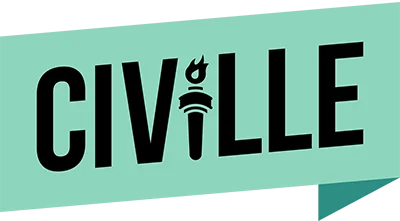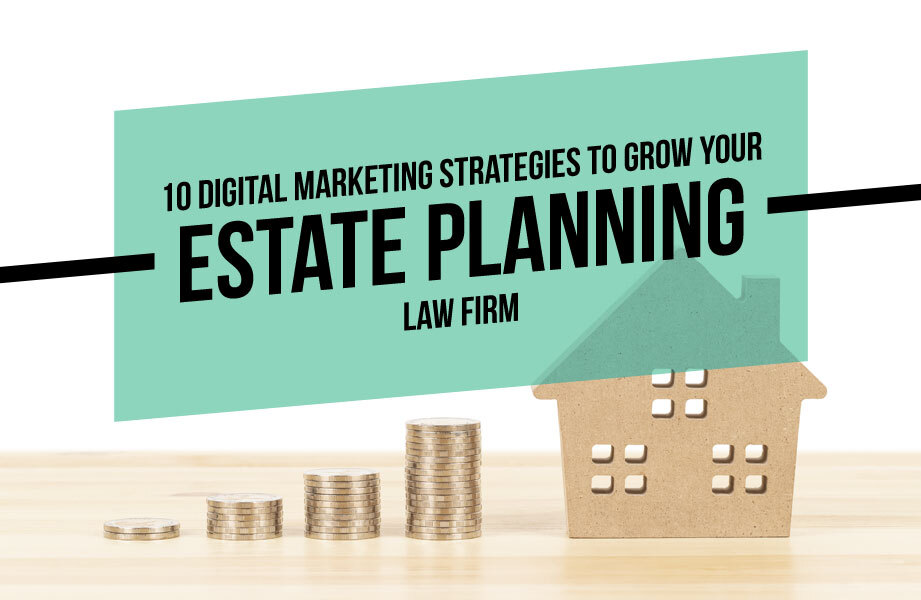
Estate planning attorneys specialize in helping individuals and families create detailed plans that address wills, trusts, healthcare directives, and other critical components. These plans are designed to protect assets, minimize taxes, and provide clear instructions for the management of your estate. Most individuals begin considering their estate planning needs as they approach retirement age, often around 62 or older. However, estate planning is crucial at any stage of life to ensure that your assets are managed and distributed according to your wishes.
Given the personalized nature of estate planning, attorneys in this field typically focus on attracting clients within their local area. A localized keyword strategy is essential for estate planning attorneys looking to reach potential clients who need assistance with drafting wills, setting up trusts, and other estate planning services. Informative and engaging blogs and landing pages help you establish your law firm as a trusted authority in the field of estate planning law and build trust with potential clients.
To assist, we’ve come up with our top 20 content ideas that estate planning attorneys can use to start to build out their content strategy.
Top 20 Content Ideas for Estate Planning Attorneys
- The Importance of Estate Planning at Every Age: Discuss why estate planning isn’t just for retirees and how it benefits people of all ages.
- Understanding the Basics: Wills vs. Trusts: Explain the differences between wills and trusts and when each is appropriate.
- Recent Changes and Updates in Estate Planning Policies: Discussion on any recent legislative or procedural changes that affect individuals who are estate planning.
- Top 10 Common Estate Planning Mistakes to Avoid: Highlight frequent errors in estate planning and how to avoid them.
- The Role of Healthcare Directives in Estate Planning: Describe what healthcare directives are and why they are essential.
- Estate Planning for Blended Families: Offer advice on how to navigate estate planning complexities for blended families.
- How to Protect Your Digital Assets in Your Estate Plan: Discuss the importance of including digital assets in your estate plan and how to do it.
- The Benefits of Setting Up a Living Trust: Explain the advantages of a living trust and who might benefit from it.
- Charitable Giving in Estate Planning: Explore options for incorporating charitable donations into an estate plan.
- How to Minimize Estate Taxes Legally: Provide strategies for reducing estate taxes through careful planning.
- Preparing Your Family for Estate Planning Discussions: Offer guidance on how to talk to family members about estate plans.
- The Impact of Divorce on Your Estate Plan: Discuss how divorce can affect estate plans and what adjustments may be necessary.
- Planning for Incapacity: Power of Attorney and Guardianship: Explain the importance of powers of attorney and guardianships in estate planning.
- Special Considerations for Estate Planning with Minor Children: Offer advice on how to plan for the care and financial support of minor children.
- How Often Should You Update Your Estate Plan?: Provide recommendations on when and why to review and update estate plans.
- The Legal Implications of Dying Without a Will: Discuss what happens if someone dies intestate (without a will) and why it’s crucial to have one.
- Estate Planning for Business Owners: Offer tips on how business owners can incorporate their business interests into their estate plans.
- Understanding Probate and How to Avoid It: Explain the probate process and strategies to avoid or streamline it.
- What to Do After a Loved One Passes: A Legal Checklist: Provide a step-by-step guide for handling a deceased loved one’s estate.
- How an Estate Planning Attorney Can Help You: Real Client Stories: Share testimonials or case studies demonstrating the value of professional estate planning services.
Developing a Content Strategy for Estate Planning Attorneys
These ideas are a great starting point for estate planning attorneys to get content out there and start ranking for keywords, but it can be inferred that many of these topics have been done before by larger firms. In order to compete, you will have to make your piece stand out by creating the better piece or diving into a specific niche topic.
It can be tempting to use AI to write your content for you on these types of topics, but AI tends to just use information that’s already readily available for people online. Instead, you want to bring something unique to the topic of your own, such as case studies and showing specific topics in a real-world scenario.
Writing unique content is important to rank on Google, but your page speed, and website features are just as if not more important. It can be tough to write your own content while juggling the obstacles of making sure your website is up to speed, that’s where we come in. Our Civille team is here to help you with your digital strategy and help take tasks off your plate so you can focus on assisting your clients. Contact us today to see how we can help improve your online presence.





